23 Best Alcohol and Drug Rehabs in Tampa, FL 2025
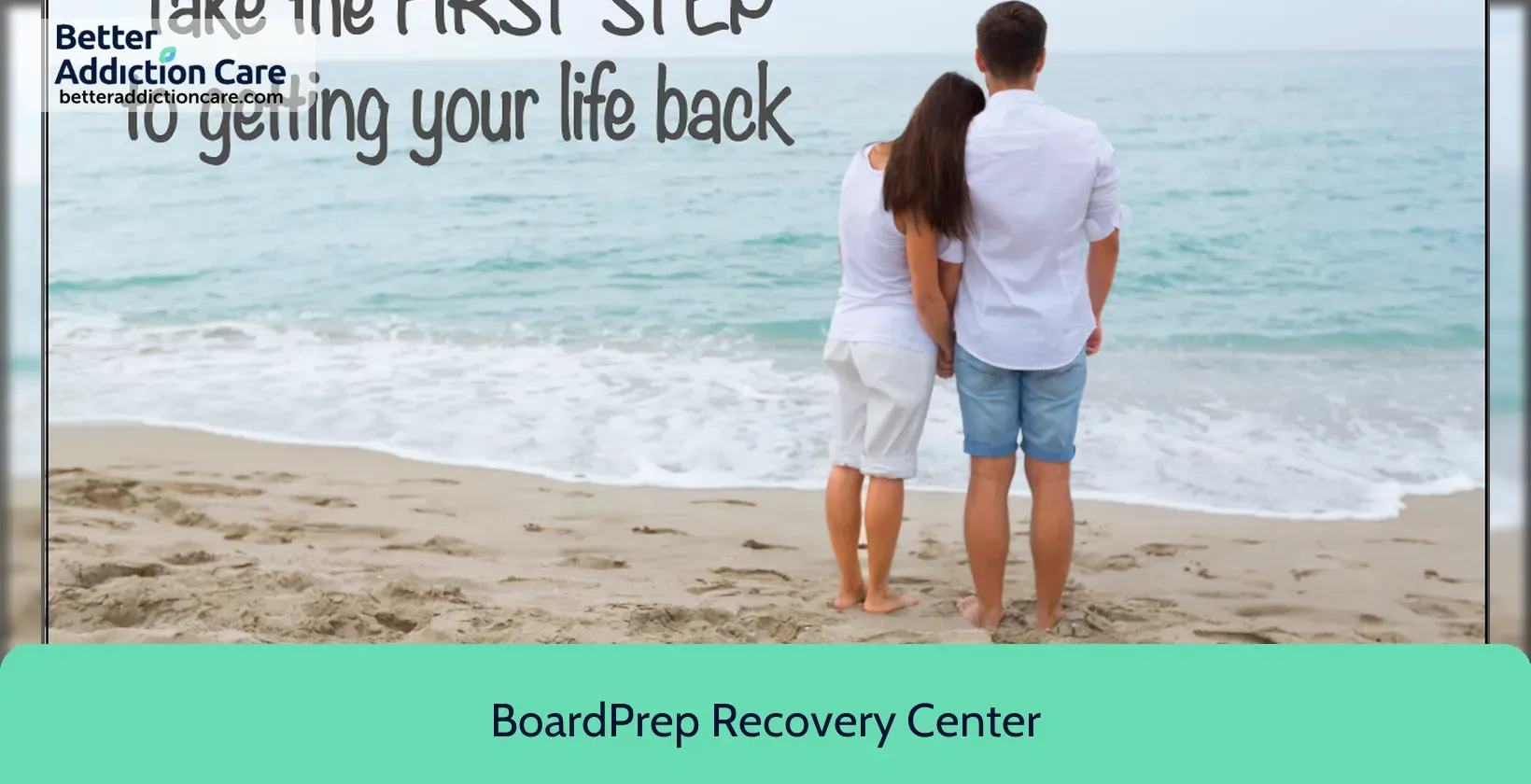
7.25
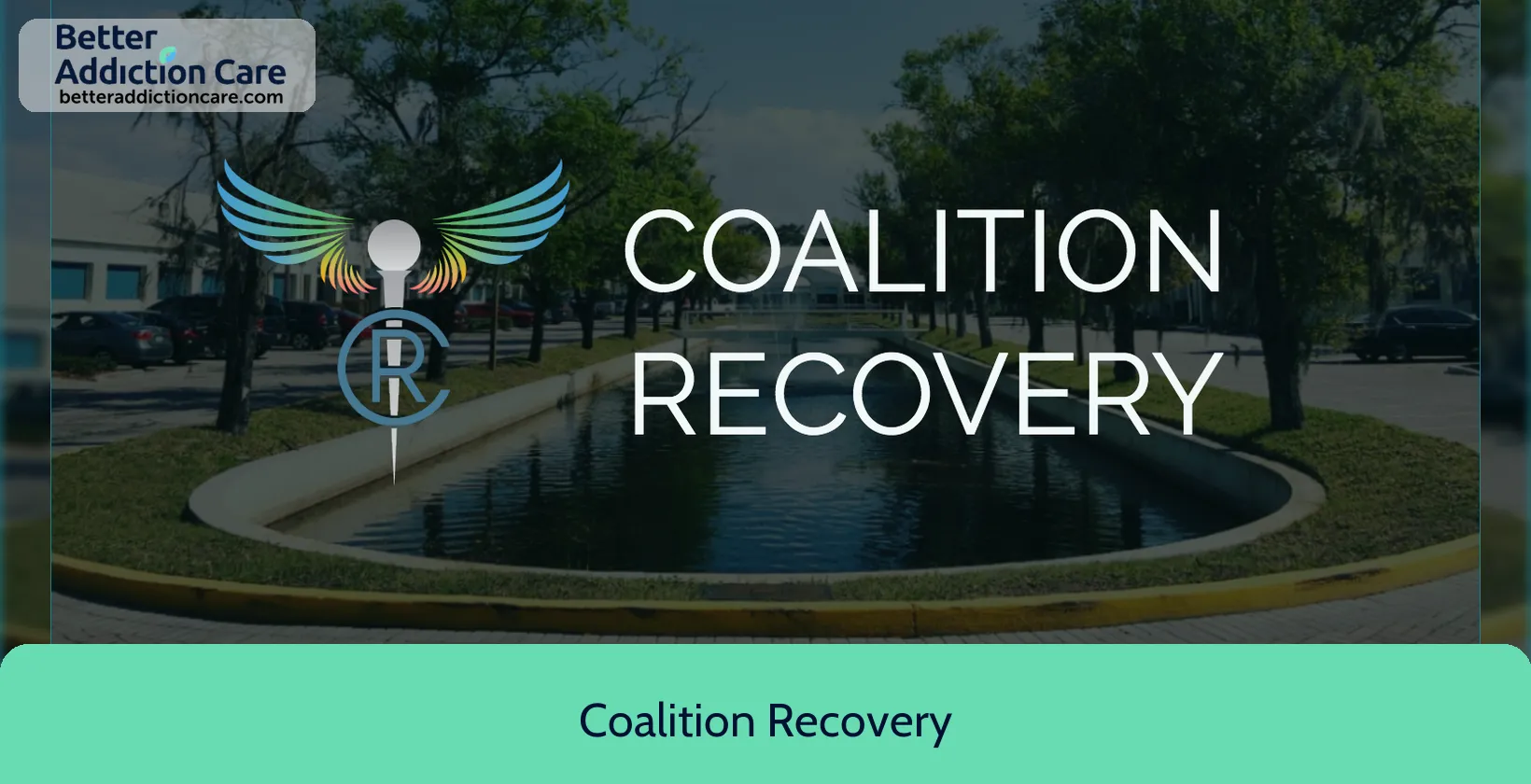
7.70
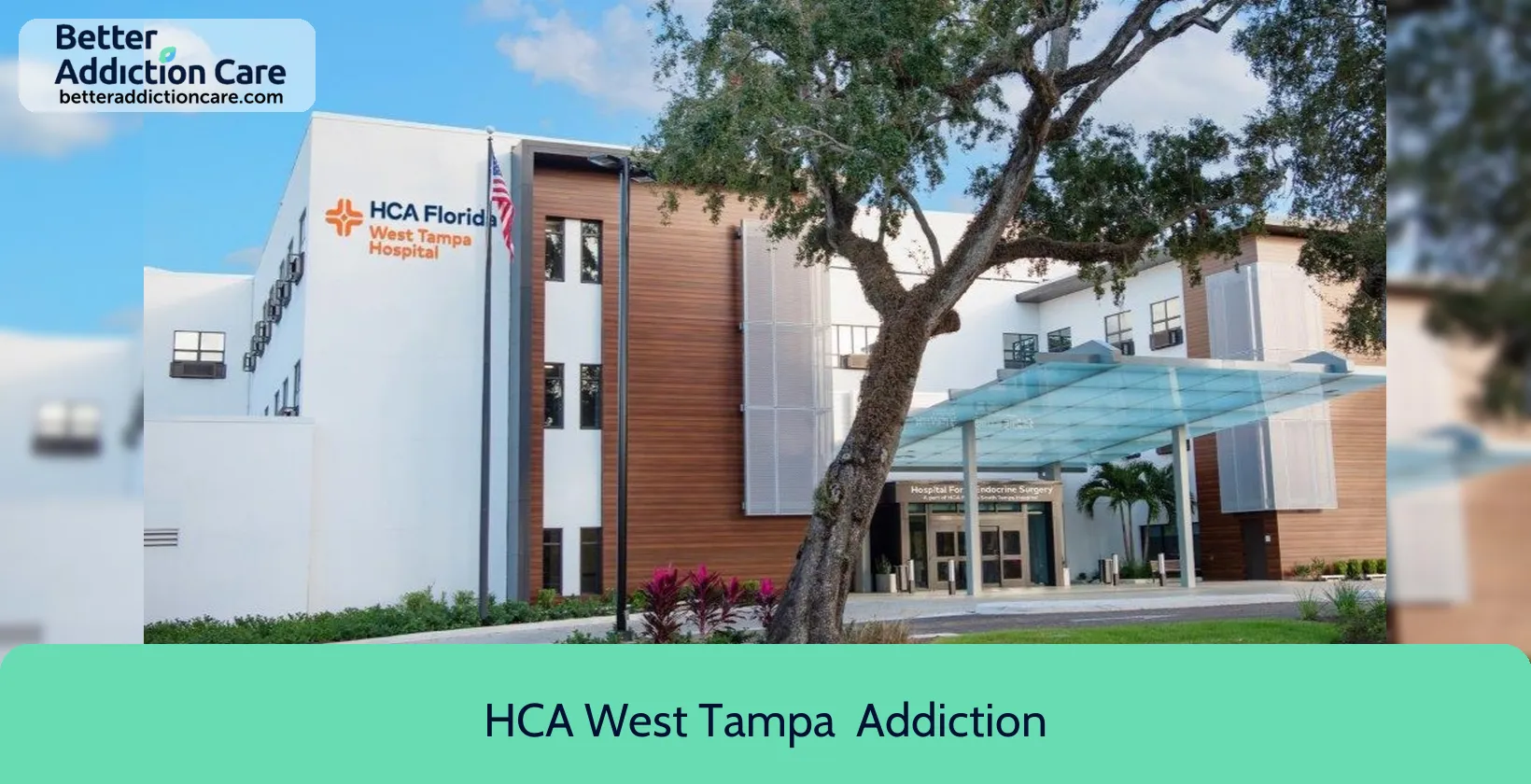
7.16
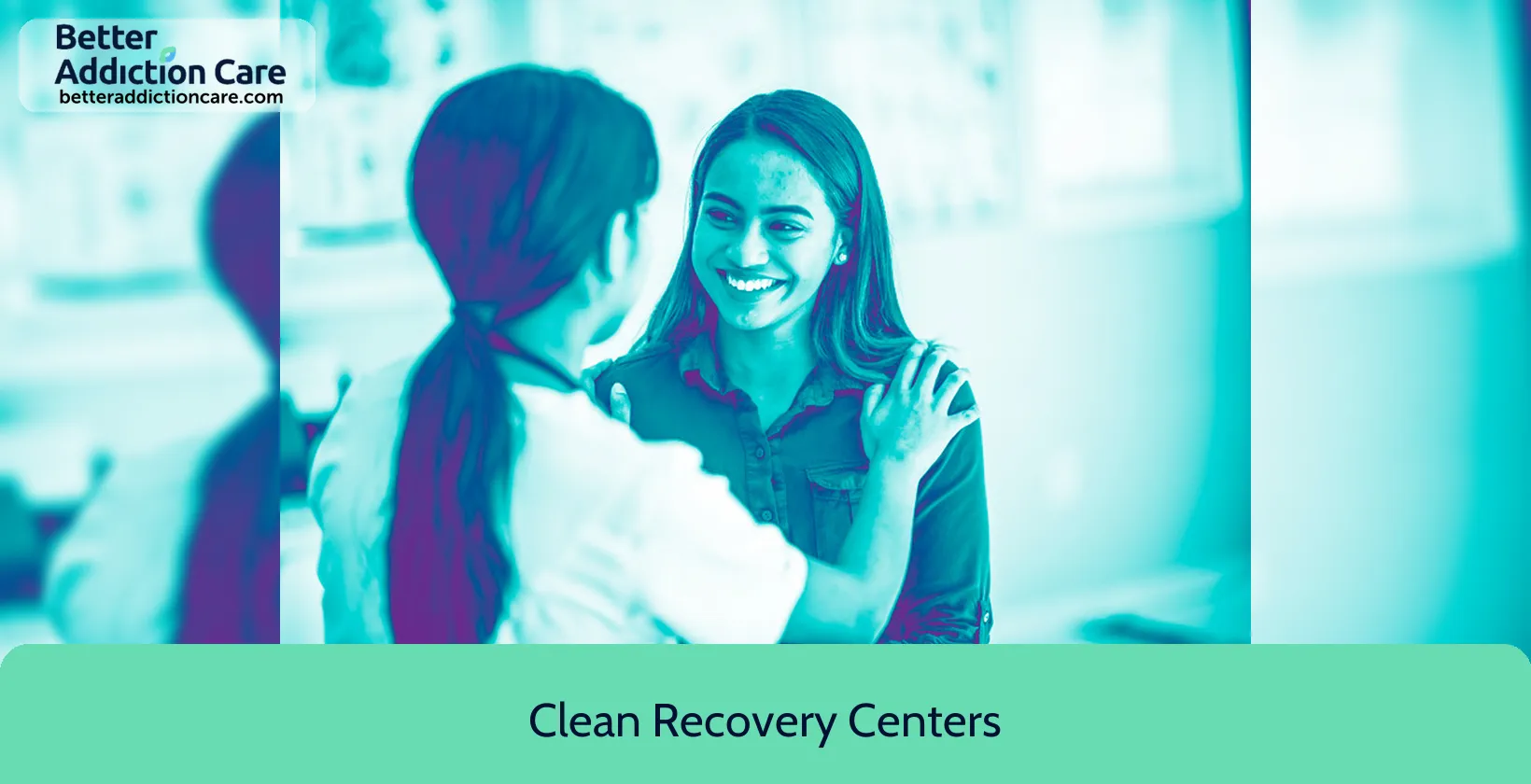
7.37
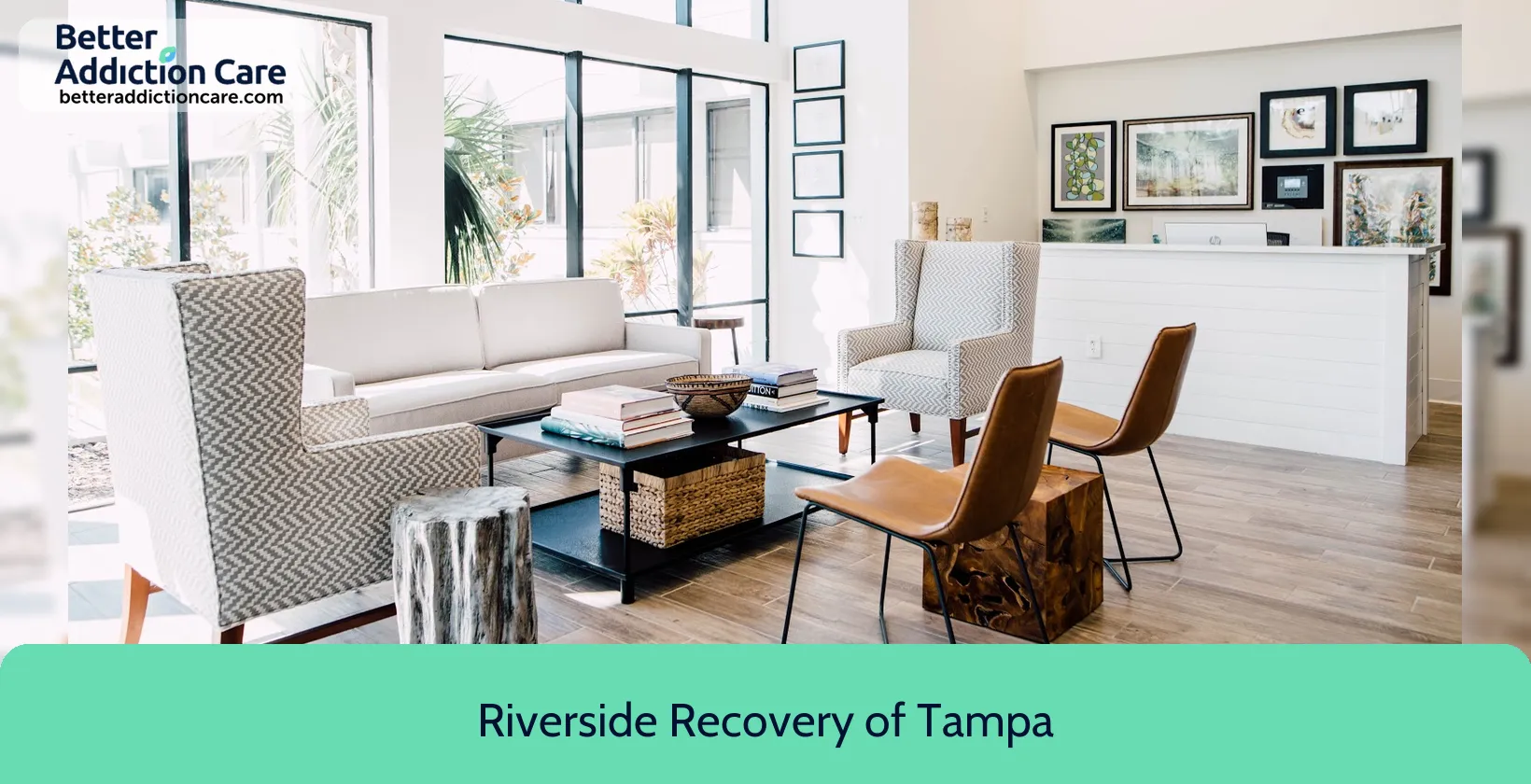
7.68
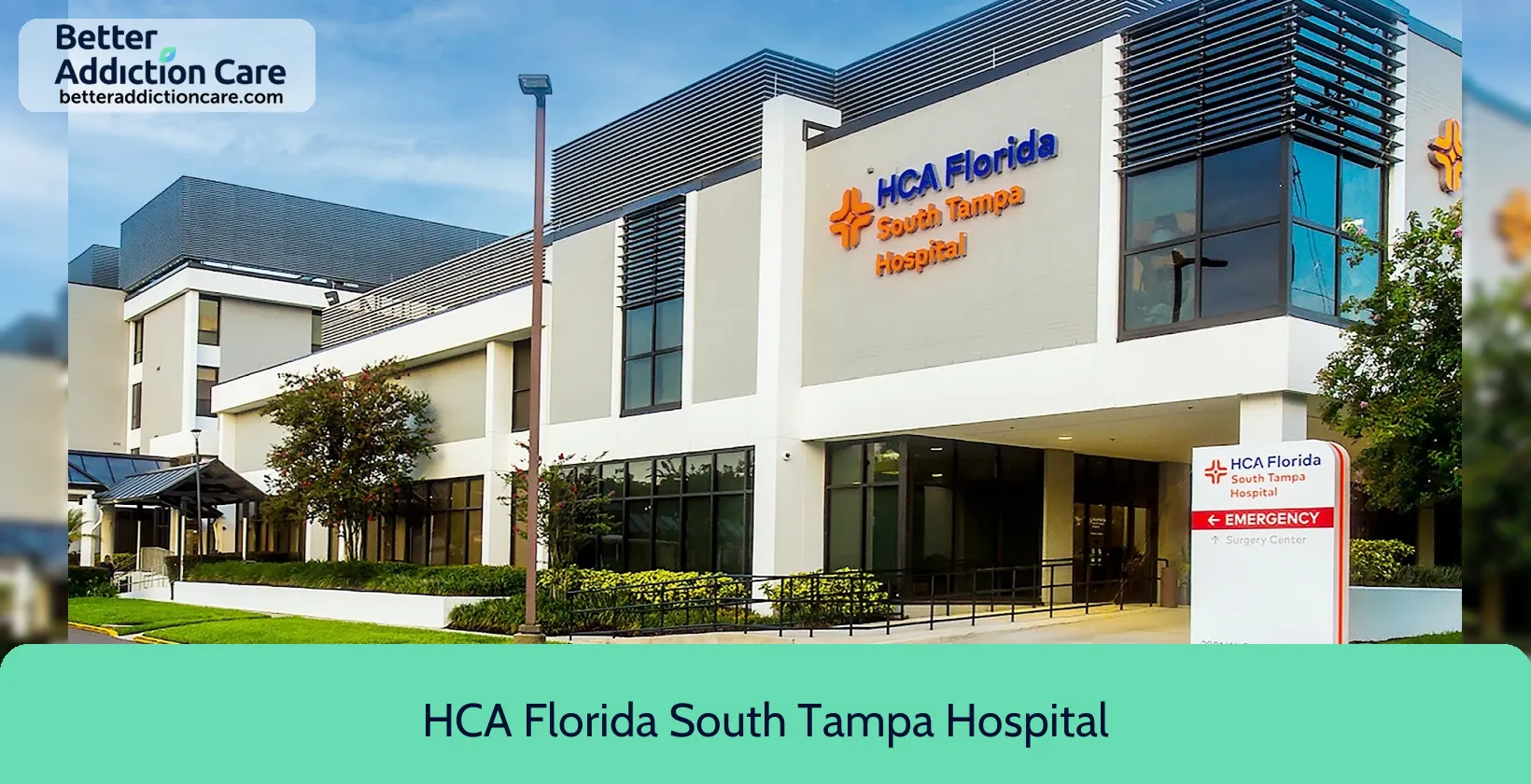
6.65
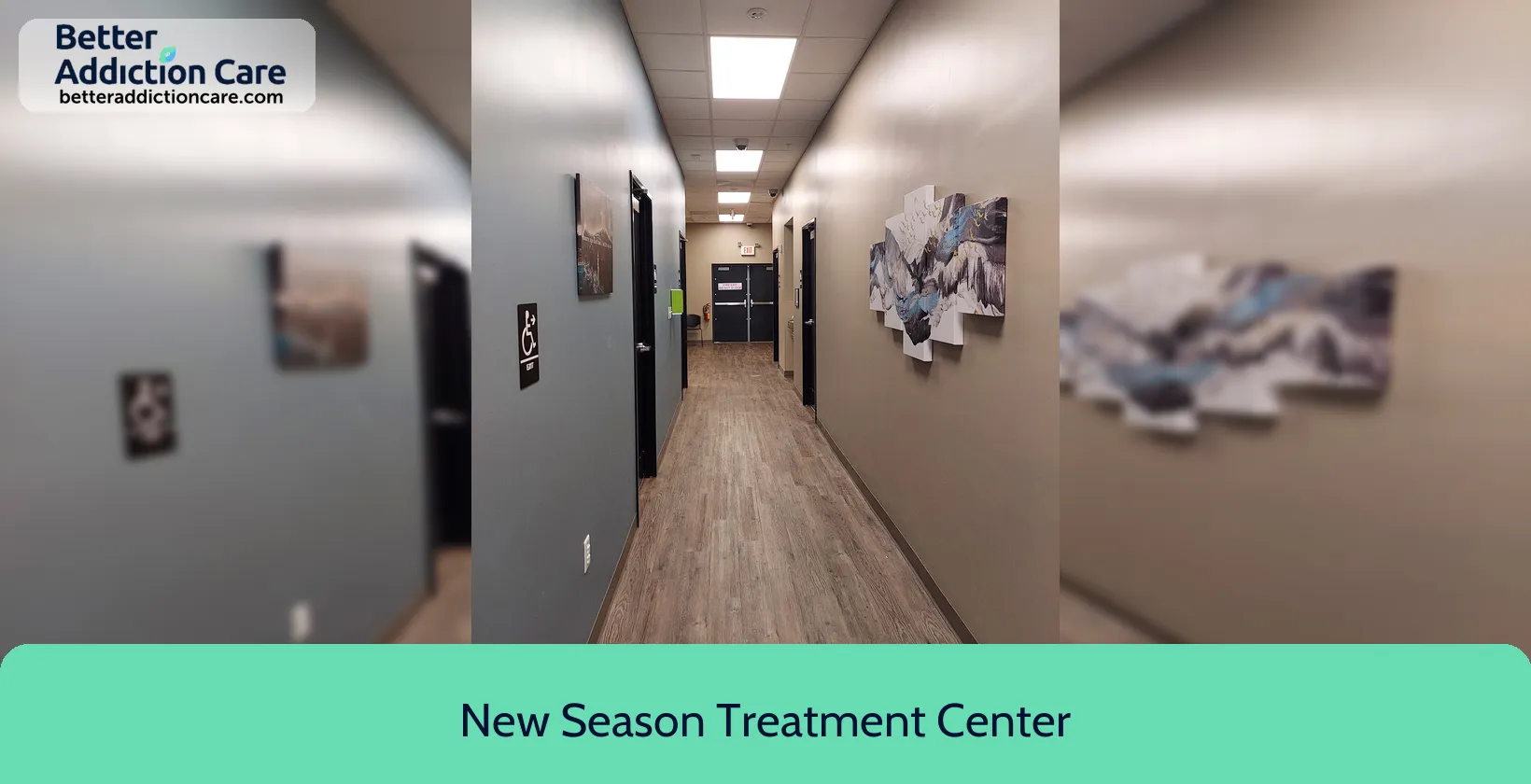
6.96
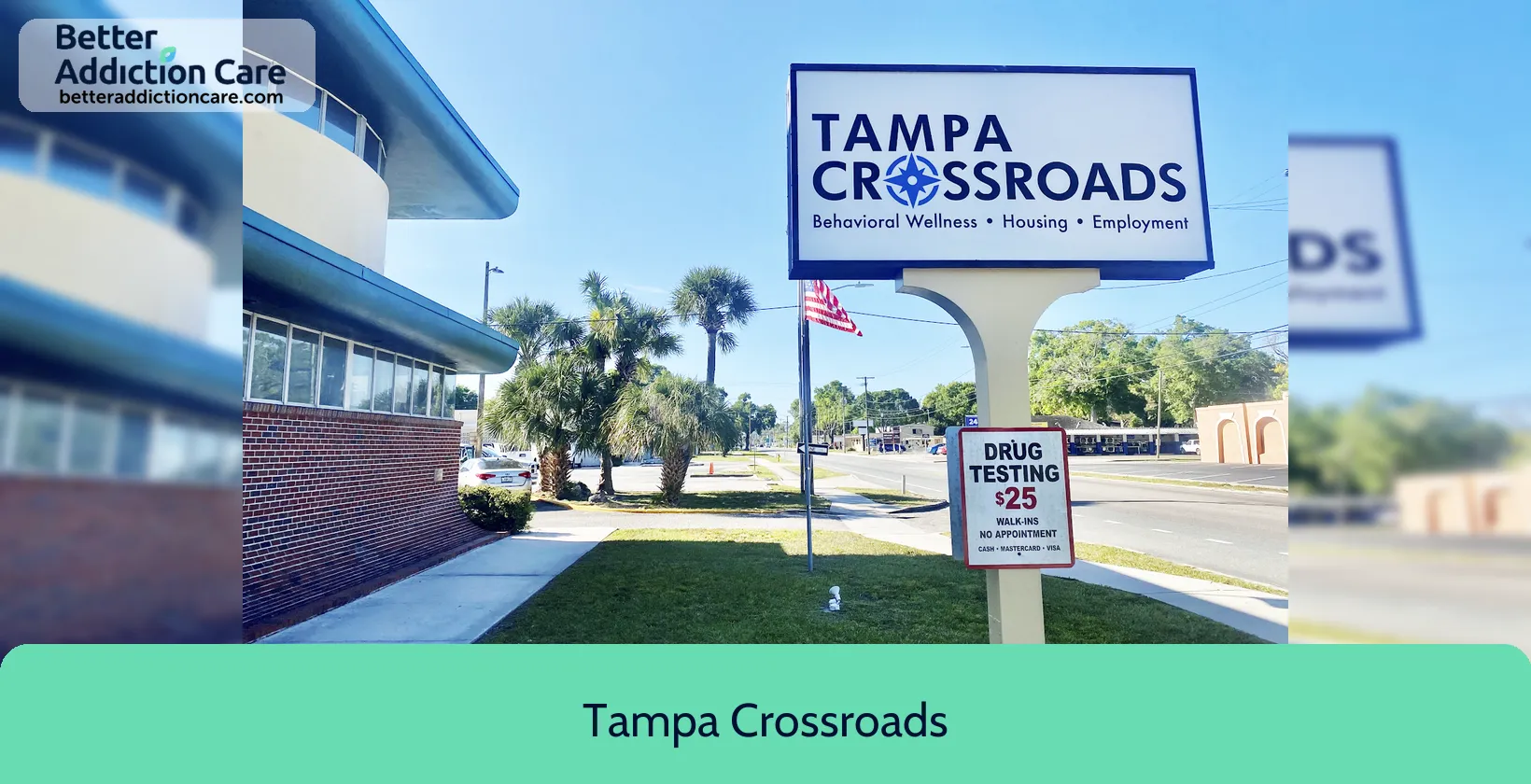
7.05

7.20
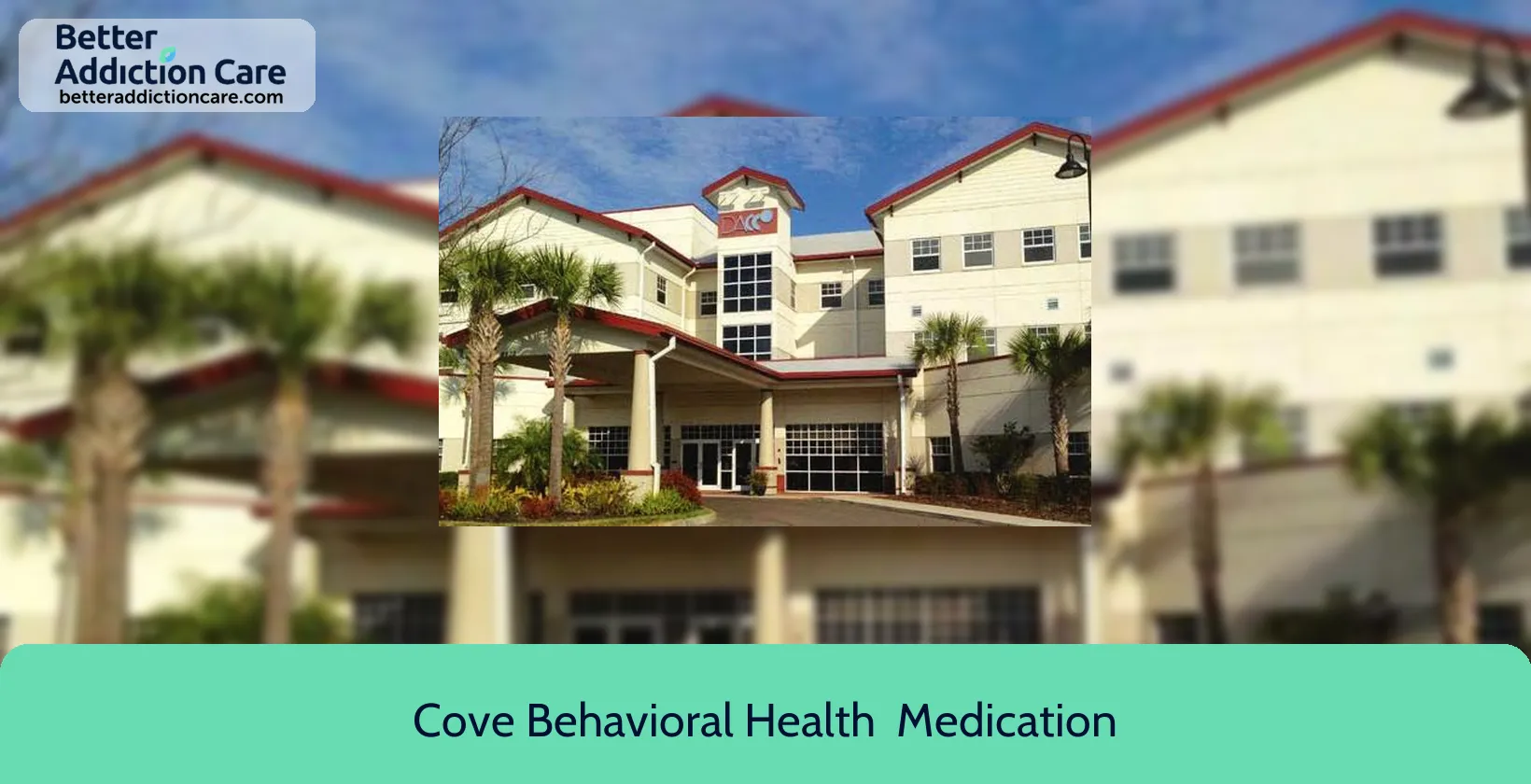
6.80
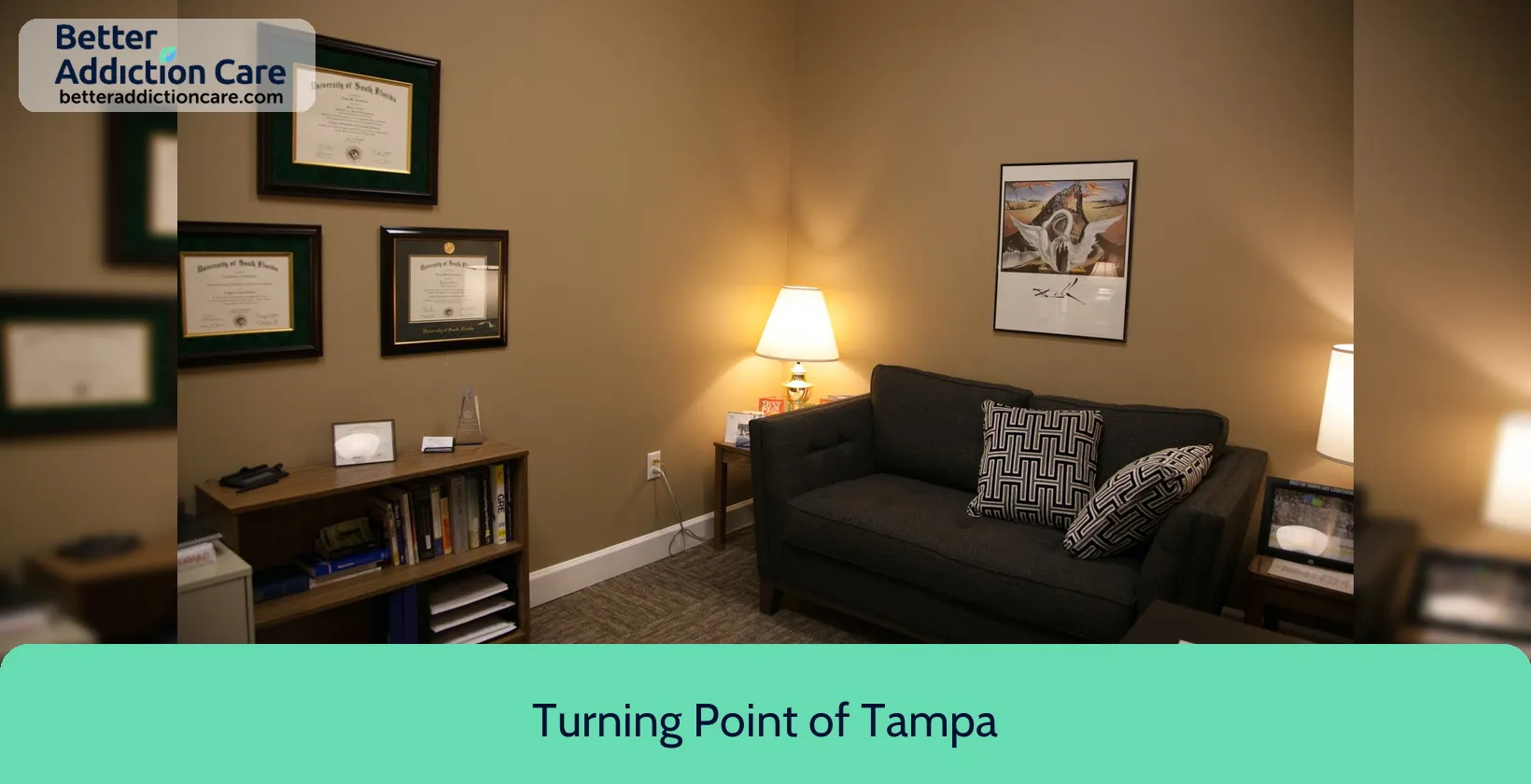
7.08
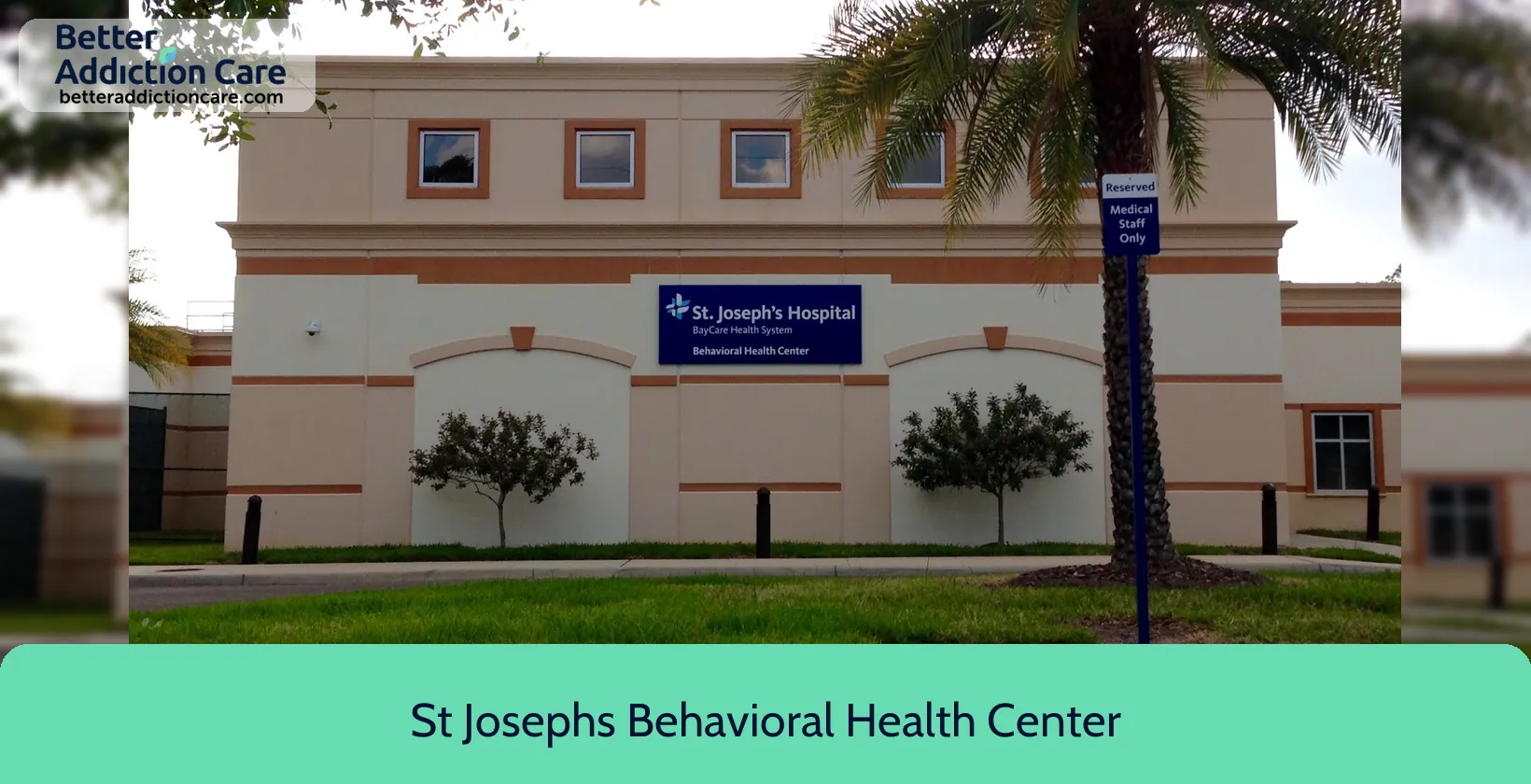
6.56
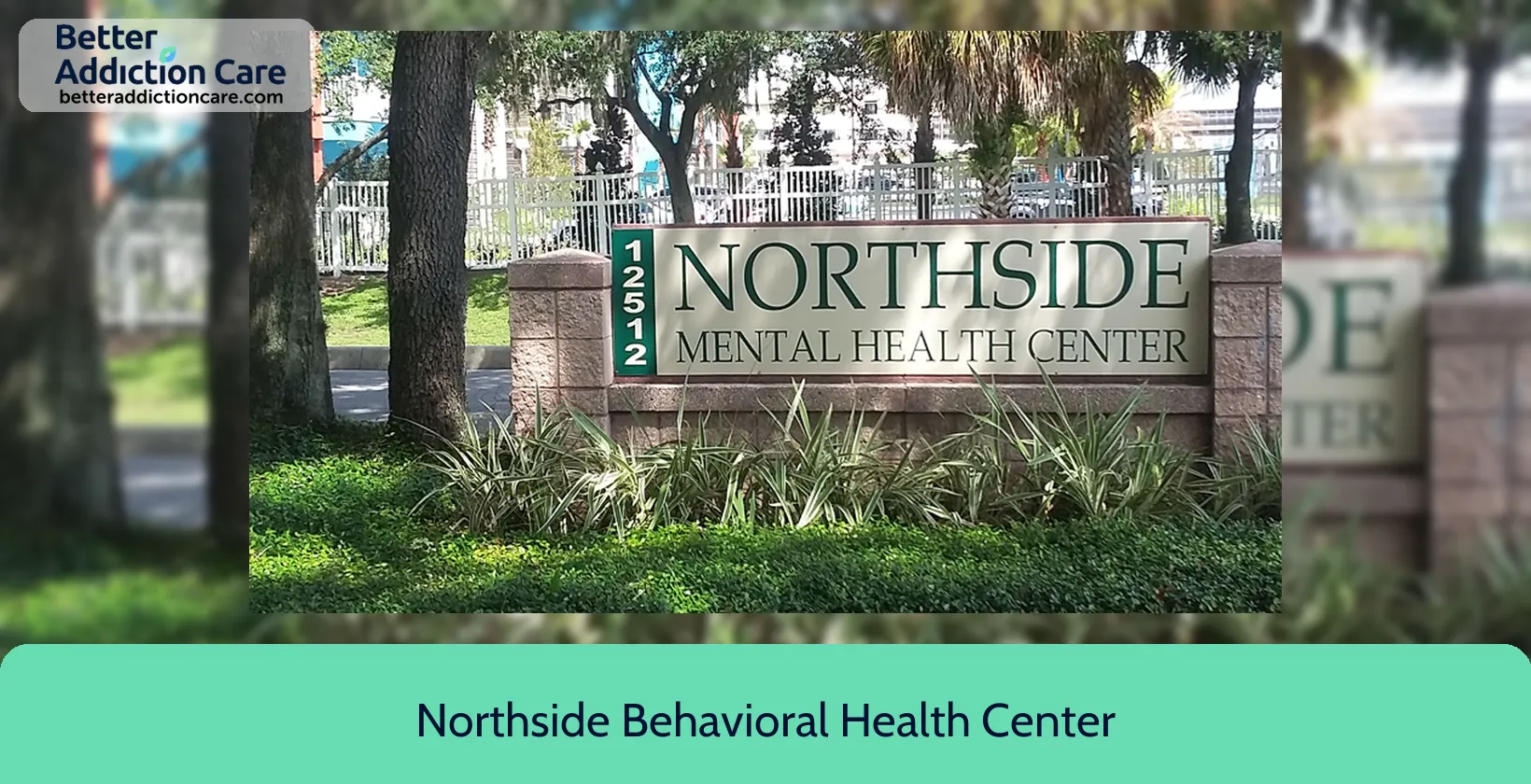
6.65
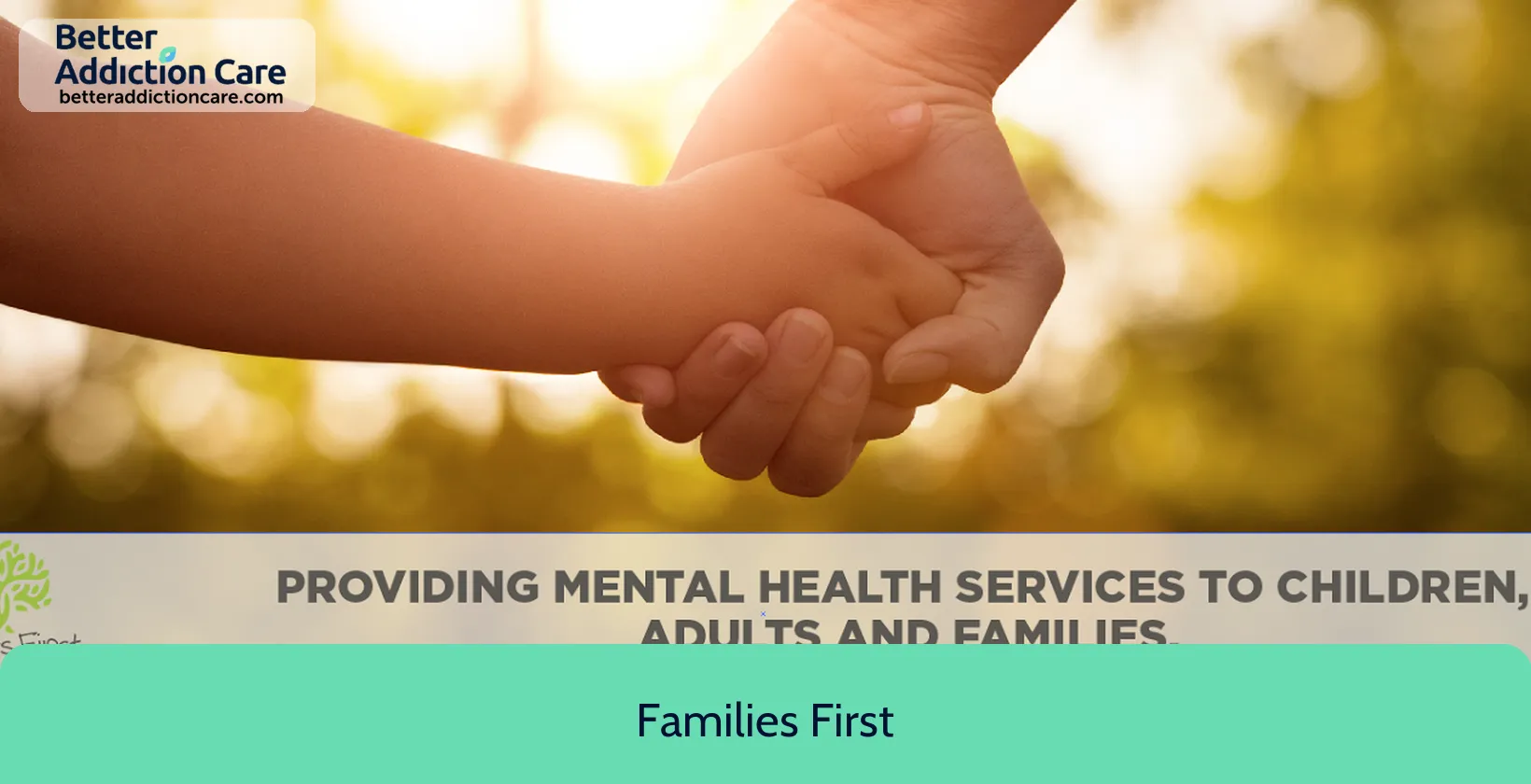
6.59
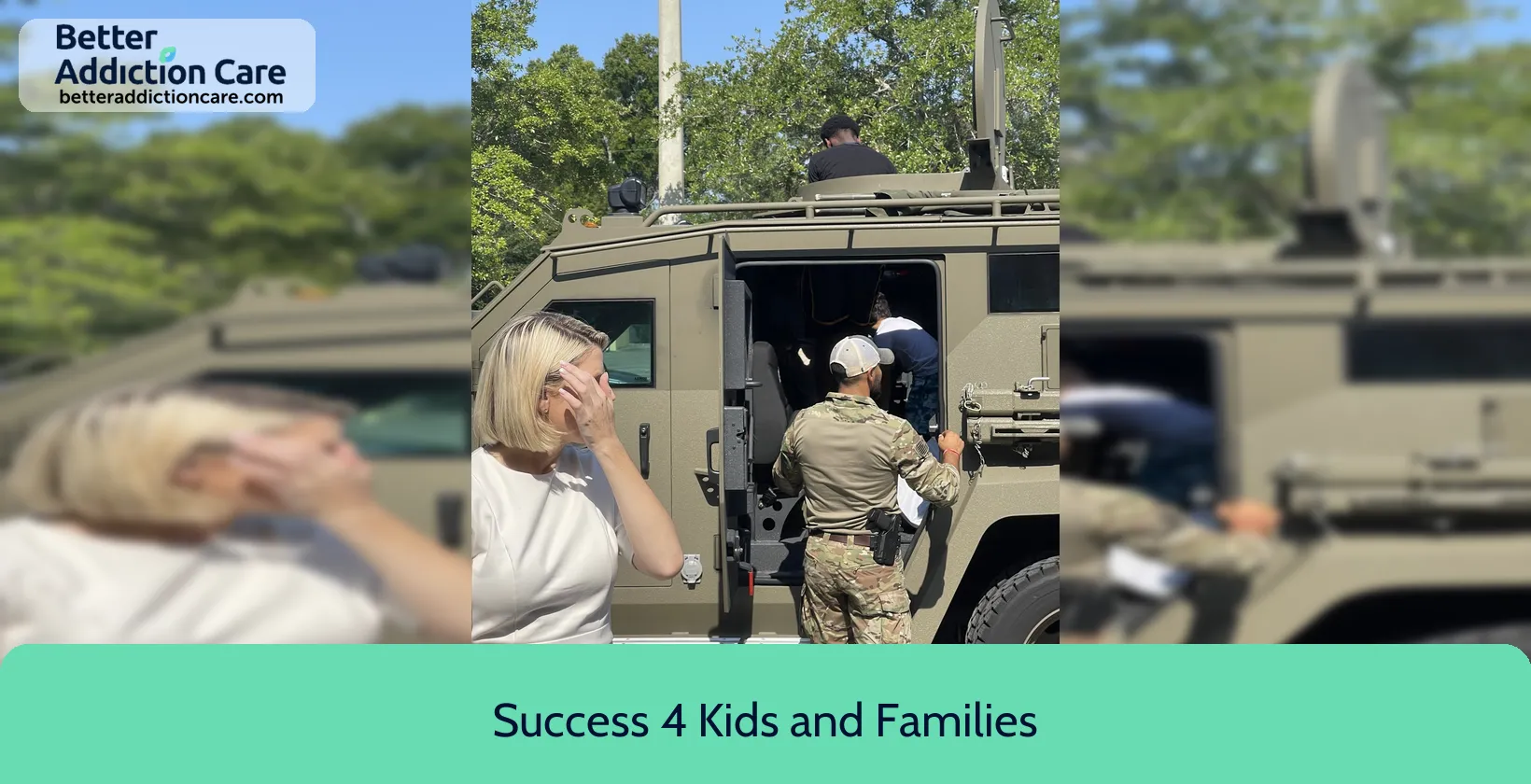
6.56

7.91

7.41

7.03

6.89

6.53

7.02

7.42

7.40
Local Rehabs in Florida
Common Questions About Rehab in Tampa
Take a look at our FAQ. We've tried to fill it with all the answers you're looking for. And if not, contact us on (888) 349-0436.


